The ancient Maya were united by belief systems and cultural practices that included a distinct architectural style and a writing system.
1000 B.C.E.–1521 C.E.
The ancient Maya were united by belief systems and cultural practices that included a distinct architectural style and a writing system.
1000 B.C.E.–1521 C.E.
Learn about the Mayan writing system, historical periods, and city-states.
We're adding new content all the time!
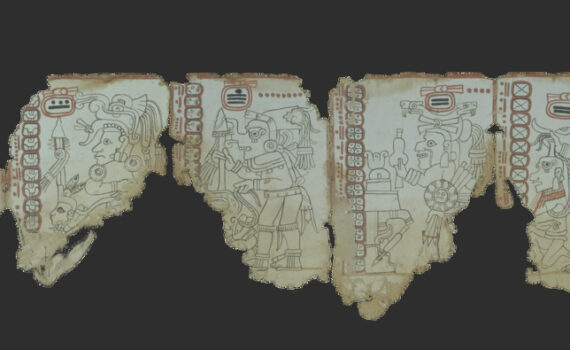
The Códice Maya de México is a remarkable testament to the complexity of Maya astronomy.
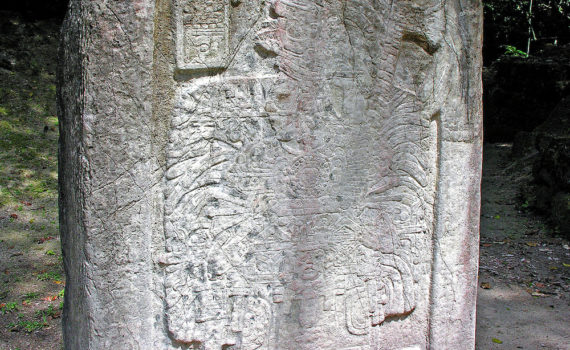
Stela 16 is a Maya royal portrait stela showing the ruler Jasaw Chan K’awiil bedecked in feathers, jade, and an elaborate headdress
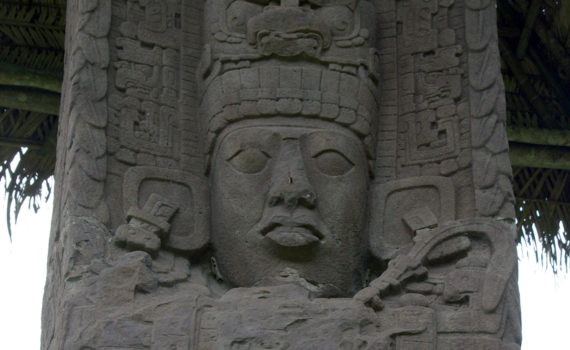
The ruins of Quirigua contain some outstanding 8th-century monuments and an impressive series of carved stelae and sculpted calendars that constitute an essential source for the study of Mayan civilization.
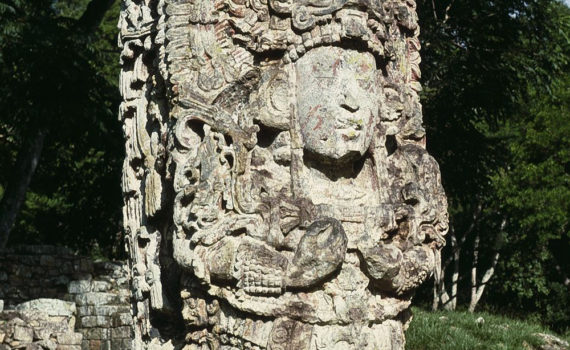
The ruined citadel and imposing public squares reveal the three main stages of development before the city was abandoned in the early 10th century.
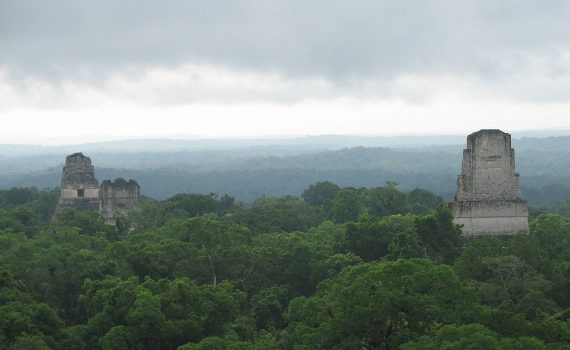
The ceremonial center of Tikal contains superb temples and palaces, and public squares accessed by means of ramps.
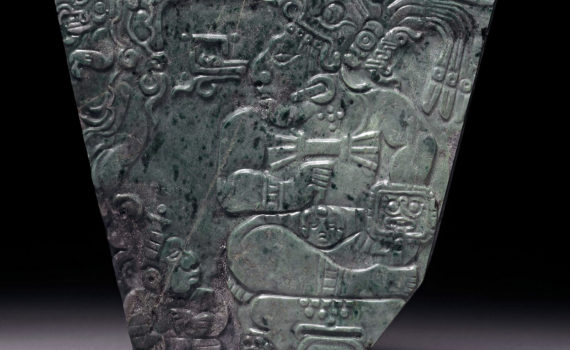
This plaque is one of relatively few imported Maya objects ever found at Teotihuacan and indicates that interaction between the two cultures went both ways.
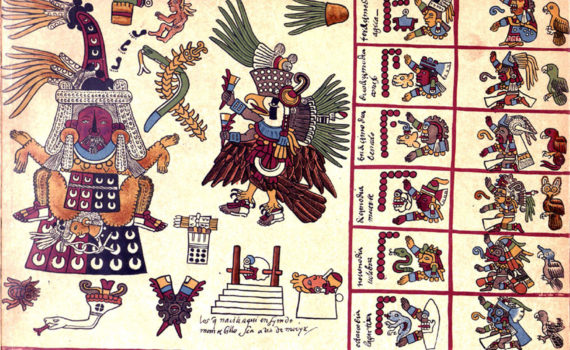
Calendars also tell us a great deal about how Mesoamerican cultures understood and structured their world.

Maya hieroglyphs were first identified as a writing system during the nineteenth century, when the bar-and-dot numerical system was deciphered.
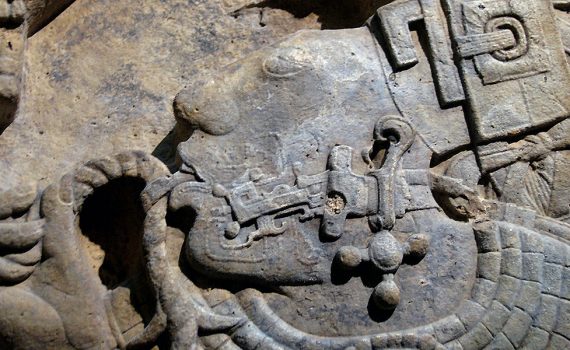
Carved lintels were commissioned by elites and attest to ritual activities, like bloodletting.
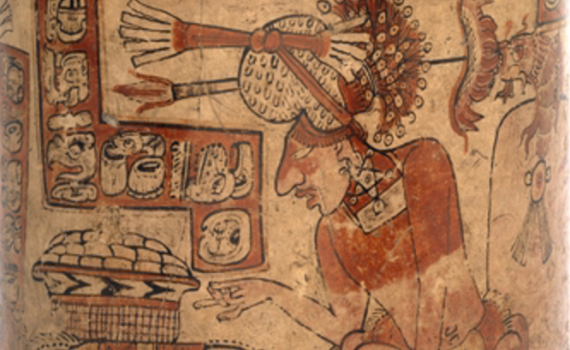
Vessels like this are an important source of information about Maya society since few of their books survive.
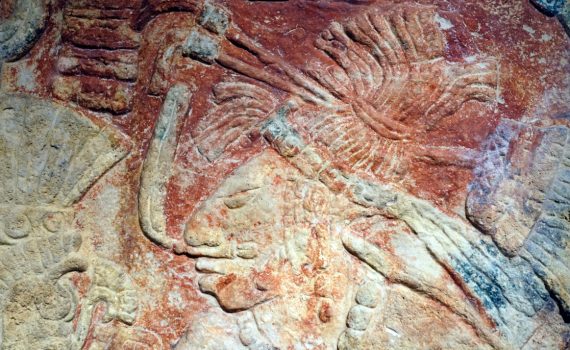
Look up! This elaborate carving could be seen as one walked into the temple, but only VIPs had access.
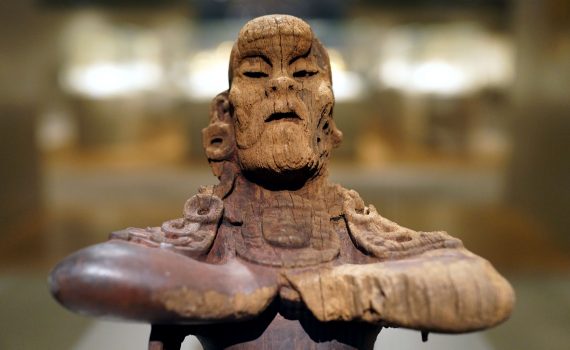
This fabulously-dressed mirror-bearer imitates the humans who performed this function in the royal courts.